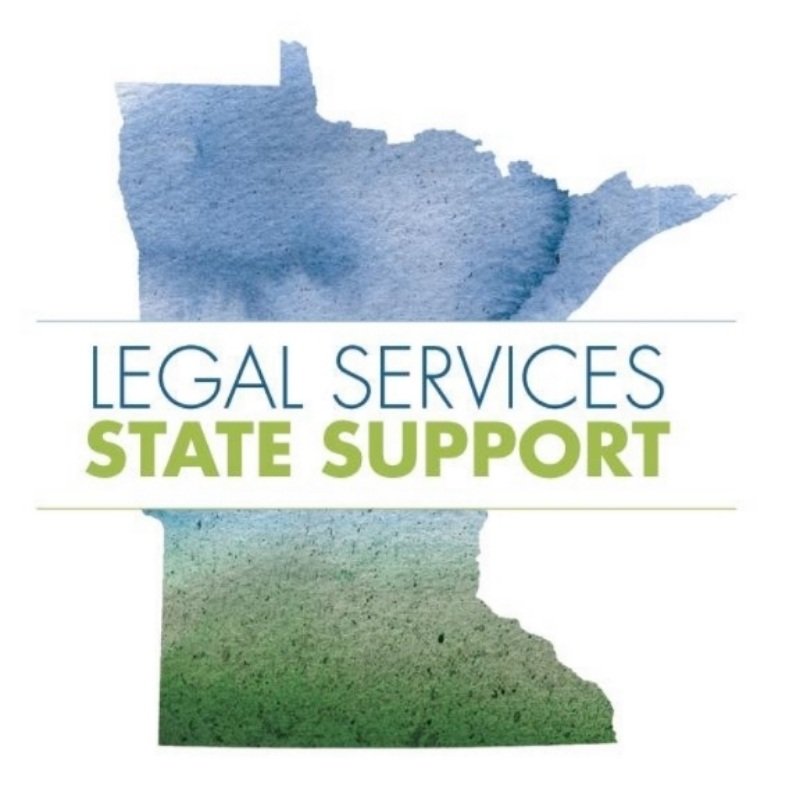Last summer, Ben Weiss, senior attorney with Southern Minnesota Regional Legal Services (SMRLS), discovered the state Department of Human Services (DHS) was instructing counties to impose a legally unsupported one-month waiting period on families receiving Minnesota Family Investment Program (MFIP) benefits who had been over the program's income limits for exactly two months.
Most MFIP benefits are "retrospectively" budgeted, i.e. the cash grant for one month is based on income from two months earlier. State law says that an MFIP case must be suspended if a family is ineligible due to income for only one month. A case must then be closed if the family is ineligible for two consecutive months. Twice a year, a recipient can request a "significant change" supplement if there has been a substantial drop in income. When a significant change is established, the MFIP grant is then recalculated based on projected income for the current month, rather than on income from two months earlier.
Weiss’s client, who had been working two jobs in April and May of 2019, lost both jobs. Her MFIP grant was suspended for June, but she requested and received a significant change for that month. She then received a notice that her case was closing for July because it would be her second consecutive month of being over MFIP income limits. So she filed a new application and requested to use her second significant change for the month of July.
Ramsey County denied her application based on DHS PolicyQuest instructions. PolicyQuest is an online, searchable, question-and-answer library. The anonymous instructions, which had been issued to other counties faced with the same situation, directed that June was still considered to be a "suspension" month despite the significant change; the case therefore had to close for July; a new application in July would still be based on May income; and a significant change could not be issued in connection with either a closed case or a pending application. In effect, the PolicyQuest instructions created a one-month waiting period during which an MFIP recipient who had been over the income limits for exactly two months had no possibility of receiving benefits. No such waiting period appears in the MFIP statutes.
On appeal, a Human Services Judge accepted Weiss’s argument that, based on the language of the MFIP statutes, the June significant change cured the suspension. The county was therefore required to suspend benefits for July rather than close the case, and the client could then use her second significant change to receive benefits for July. SMRLS followed up with the MFIP manager at DHS, who promised to correct the erroneous instructions. For more information contact Ben Weiss at ben.weiss@smrls.org.

